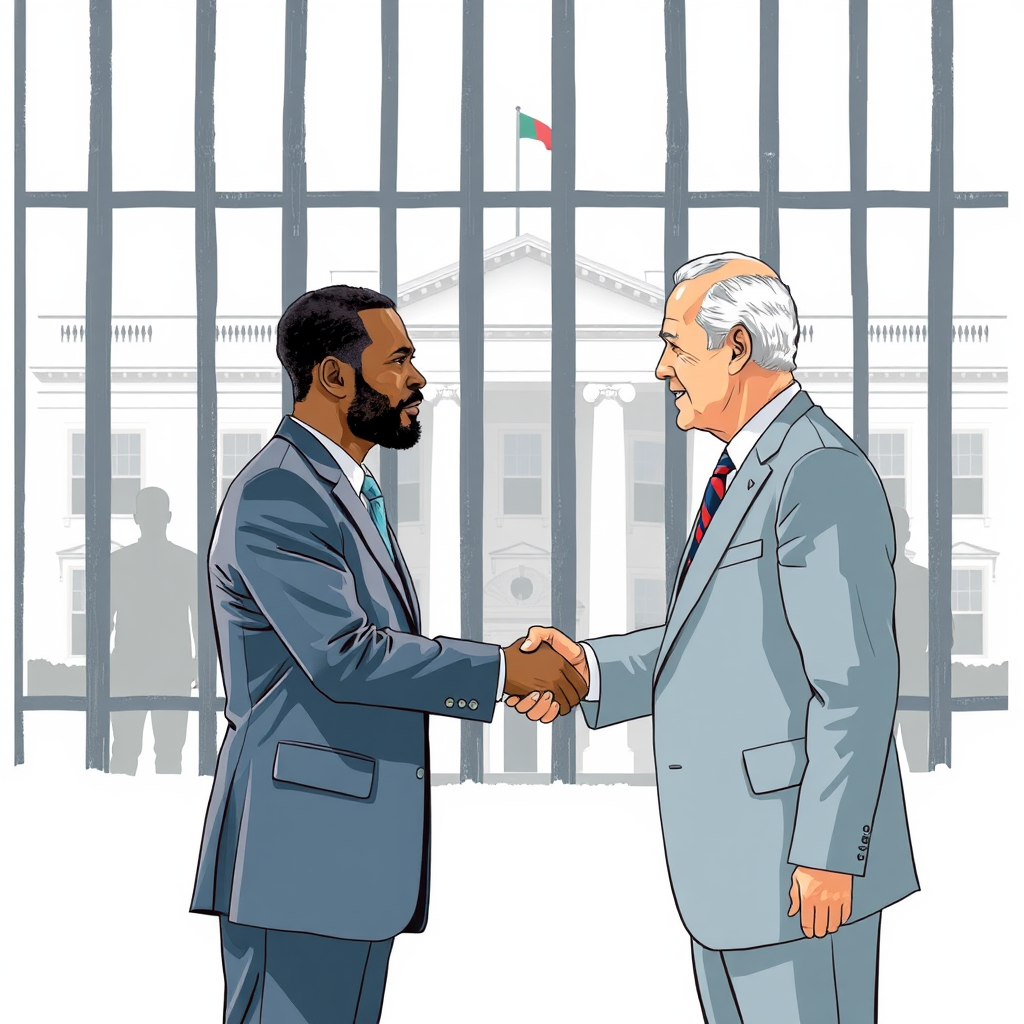Bukele Visits White House: Dictator or Ally?

El Salvador’s President Nayib Bukele is scheduled to meet with U.S. officials at the White House, signaling a continuation of collaborative efforts between the two nations. Discussions are expected to center on ongoing cooperation, notably including El Salvador’s controversial use of its newly constructed, high-security prison to house deported migrants. While the Biden administration has publicly expressed concerns regarding human rights issues in El Salvador, this invitation suggests a pragmatic approach prioritizing border control and regional stability over those concerns. Bukele’s administration has dramatically reduced gang violence through aggressive policing and mass incarceration, a strategy that, while effective in lowering crime rates, has drawn condemnation from international human rights organizations due to reports of due process violations and inhumane prison conditions. The meeting highlights a complex dynamic: the U.S., facing its own challenges with migration, appears willing to engage with a leader widely criticized for authoritarian tendencies if it serves its strategic interests. The extent to which human rights will be publicly addressed during the discussions remains to be seen, but the very fact of the meeting underscores a shifting geopolitical landscape where security concerns are increasingly outweighing democratic principles in some foreign policy decisions.